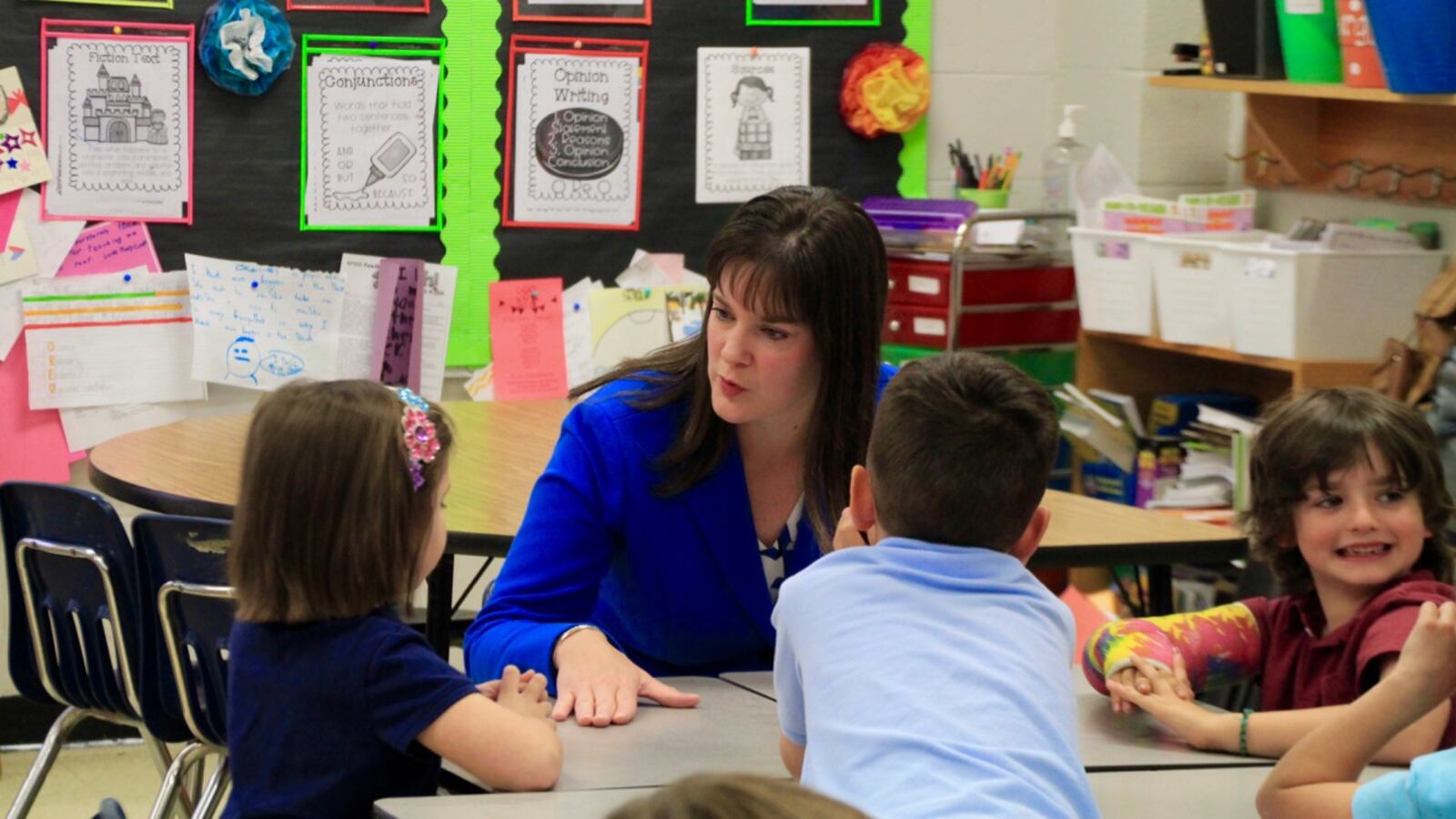The results are preliminary and incomplete, but there is some evidence that a summer reading program for Tennessee elementary school students helped many to improve their skills.
More than 8,000 rising first-, second- and third-grade students spent part of their summers in state-funded literacy camps, a significant increase from 2016. While testing data is available for only half of participating students, those who were assessed grew in their reading accuracy by an average of 4 percentage points from the start of the summer to the end.
The program, which involves extensive reading and writing by students and emphasizes comprehension and reading enjoyment, is in its second year. The camps are funded by the state’s Read to Be Ready Grant Program, which disbursed $8.5 million among 200 schools, compared to a dozen schools last year.
To determine the program’s impact, the state used pre- and post- benchmark assessments of students’ reading skills. Results analyzed for 4,499 students show that those students grew in their reading accuracy from about 80 percent to 85 percent.
The assessment found that students surveyed also grew in their comprehension of reading questions, from about 65 percent to 67 percent.
“The results today simply reinforce what we believe,” said Education Commissioner Candice McQueen in a press release. “When students have the opportunity to read high-quality, authentic texts and are deeply engaged in learning experiences around those texts, they will thrive.”
Chandler Hopper, a department spokeswoman, said the state did not have both pre- and post-data for all students. “In some cases, the student may not have been present for both pre- and post- data collection,” Hopper said, “and because we cannot definitively explain each missing data point at this time, we removed incomplete student records from these pre- and post- analyses. But this did not substantively change our findings.”
In addition, 16 out of 29 Shelby County sites weren’t included in the analysis because they were also a part of Shelby County Schools’ new summer academies. Hopper said there was a difference in curriculum and assessment between Shelby County Schools sites and the rest of the grant sites, and so they weren’t included in the analysis.
The Tennessee departments of Education and Human Services have earmarked $30 million for the summer programs over the next three years as part of a major literacy initiative, which aims to get 75 percent of third-graders proficient in reading by 2025.
Tennessee still has a long way to go. Only a third of its fourth-graders are proficient in reading, according to the most recent National Assessment of Education Progress. But McQueen has said she is hopeful the Read to be Ready programs will get students there.
“I had a chance to visit several camps over the summer and was so encouraged by what I was seeing,” McQueen said.

